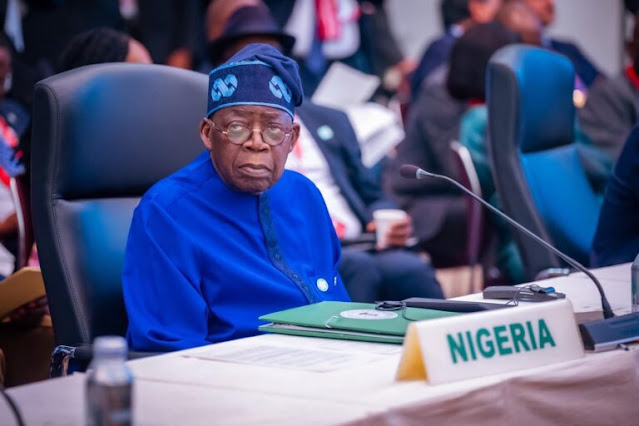Nigeria has emerged as Africa’s largest stablecoin market, recording nearly $22 billion in transactions between July 2023 and June 2024, according to a new industry report released by Yellow Card, a major stablecoin payments infrastructure provider.
The report, titled Stablecoin Adoption in Emerging Markets and published on Tuesday, set out in detail how Nigerians are increasingly turning to stablecoins as a safeguard against the scarcity of foreign exchange and the persistent volatility of the naira.
According to the findings, stablecoins now represent 43 per cent of all cryptocurrency transaction volumes across Sub-Saharan Africa, a trend that demonstrates their growing importance as a financial instrument within the region’s economy.
Vice President of Global Operations and Managing Director of Yellow Card Nigeria, Lasbery Chioma Oludimu, explained that stablecoins are gaining traction as a practical solution to several structural challenges within Nigeria’s financial system.
“Stablecoins are becoming a crucial part of Nigeria’s financial ecosystem, providing individuals and businesses with a stable and efficient way to manage cross-border payments, treasury operations, and inflation pressures,” Oludimu said.
The report further suggested that Nigerians are increasingly adopting dollar-backed stablecoins to overcome barriers in accessing foreign currency through traditional banking channels. With the naira experiencing sharp fluctuations against the dollar and with continuous shortages in official foreign exchange markets, importers, small and medium-scale enterprises, and even ordinary households are now leaning on stablecoins to protect purchasing power and sustain trade.
Nigeria Country Manager at Yellow Card, Somtochukwu Nsofor, observed that the use of stablecoins could prove transformative for major industries. He stressed that the technology carries strong potential for sectors such as oil and gas, manufacturing, and banking, all of which are particularly vulnerable to foreign exchange pressures.
“By enabling fast, low-cost cross-border payments and reducing exposure to FX risks, stablecoins are emerging as vital tools for business resilience,” Nsofor remarked.
Despite this optimism, Nsofor cautioned that certain risks could slow the pace of broader adoption. He pointed to challenges including the dangers of excessive dependence on the dollar, the digital literacy gap particularly evident in rural areas, and infrastructure limitations that still affect parts of the country.
The report also situated Nigeria’s experience within the wider global context. Stablecoins, which had a global market capitalisation of just $5 billion in 2020, have now surged to $230 billion as of May 2025. Yellow Card argued that while this growth is remarkable worldwide, its most profound impact is being felt in emerging markets such as Nigeria, where stablecoins act as a critical bridge for financial inclusion in environments where conventional systems are frequently unreliable.
External shocks are accelerating this trajectory. The report noted that the decision of the United States in August 2025 to impose tariffs of up to 30 per cent on exports from 47 African countries has compelled many African businesses to increasingly rely on dollar-backed stablecoins as a means of conducting trade.
Similarly, the passage of the GENIUS Act earlier this year in the United States, which set out a comprehensive regulatory framework for stablecoins, has indirectly bolstered confidence in African markets by providing clearer benchmarks for oversight and use.
Regulators in Nigeria are beginning to react to these changes. The Securities and Exchange Commission (SEC) has recently introduced the Crypto Smart, Nigeria Strong initiative, designed to engage with developers and industry stakeholders in shaping a domestic framework for stablecoin regulation.
SEC Director-General, Emomotimi Agama, revealed that the commission is actively considering the creation of a naira-pegged stablecoin. He explained that such a currency would be backed by verifiable reserves and subject to independent audits, and could be deployed for payments, cross-border transactions, and programmable finance.








